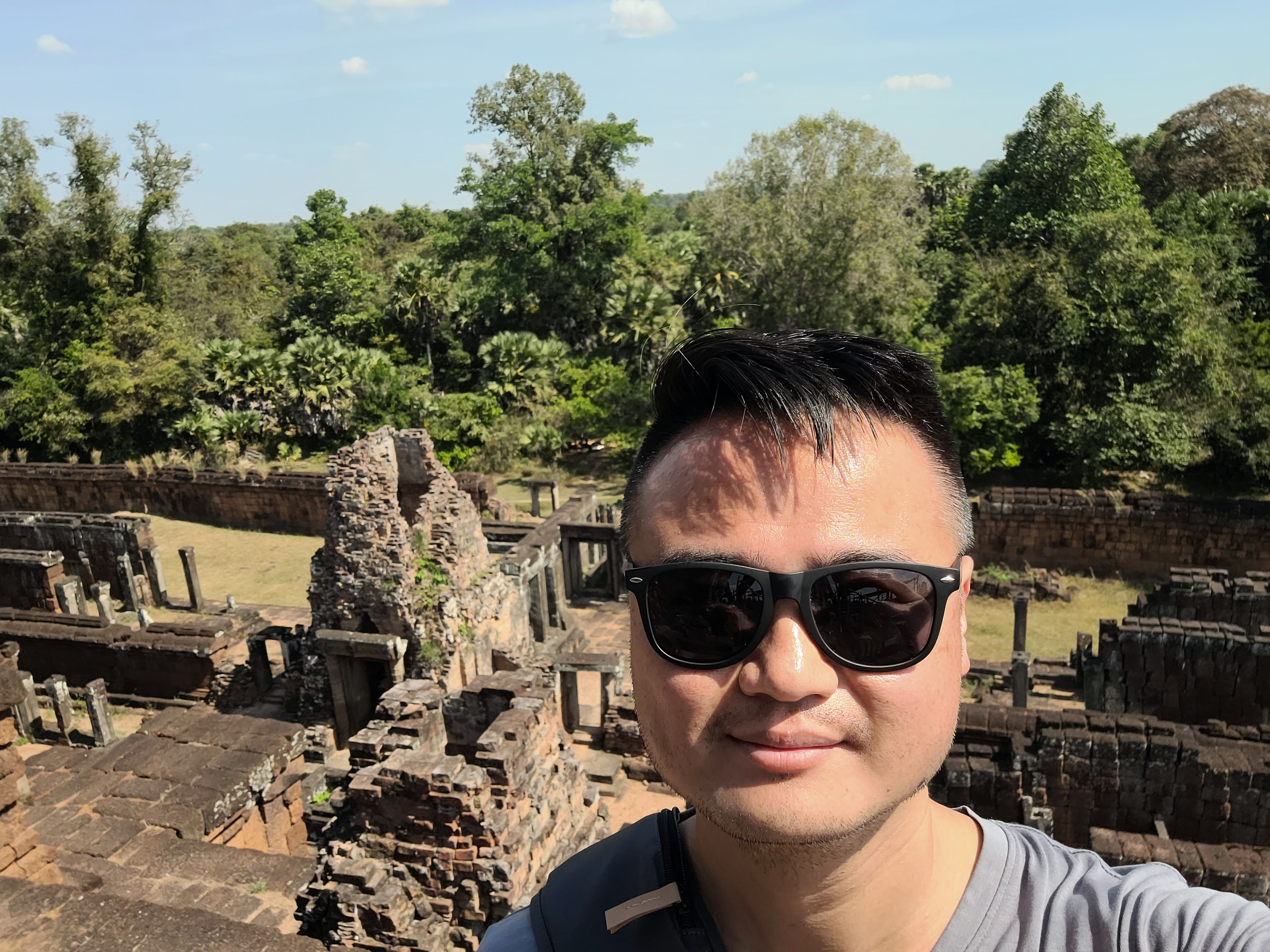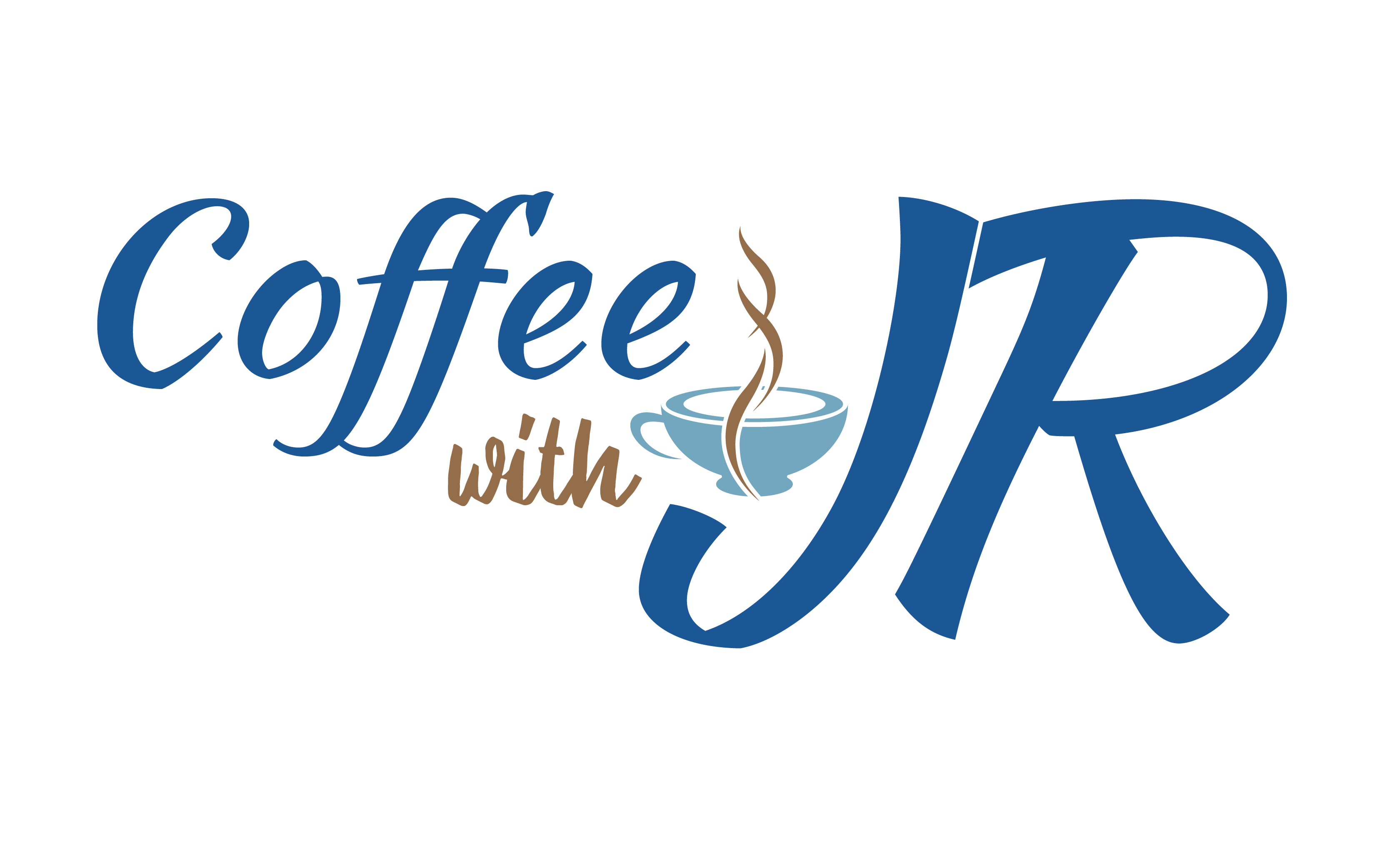
WHY AM I SO STRESSED?
One of the benefits of solo traveling internationally is the ample time to dive into my own thoughts and deeply reflect on my beliefs, my emotions, and my life. The trip to Southeast Asia in January provided me with this unique opportunity.
I had a major awakening about how stressed out I have been in my life. I can still remember sitting on top of a temple ruin in Angkor Wat where the morning cool breeze helped me to get into a meditative state of calmness. In that state of serenity, I was able to reflect objectively on my life over the previous year and see an extremely stressful person. When I came back to the U.S. and tried to get myself back on track, I immediately felt my body start to tense up again and the level of anxiety and stress increased.
According to Dr. Aditi Nerurkar, 70% of people exhibit at least one symptom of burnout, and 72% of individuals are struggling with stress with many stating that the past several years have been the most stressful. [i] Another set of data from the American Institute of Stress reveals that 55% of Americans experience stress throughout the day. Stress causes 57% of Americans to feel paralyzed, while 63% of U.S. workers express readiness to quit their jobs in order to escape work-related stress. Additionally, 94% of workers report experiencing chronic stress due to work. [ii]
So, what is stress? In general, there are two types: acute and chronic. Acute stress (not to be confused with Acute Stress Disorder) can arise in anyone’s life. It often stems from specific events or situations such as traffic jams, arguments with loved ones, job interviews, major deadlines, moving, public speaking, etc. Based on our understanding, humans actually need stress to stimulate our brains and bodies. Thus, acute stress is normal, considered healthy, and highly treatable and manageable.
On the other hand, chronic stress results from repeated exposure to stressors or long-term stressful situations, such as being in a harmful relationship, a toxic work environment, an unsafe living situation, or enduring prolonged physical and/or mental illness. Chronic stress is considered unhealthy because it is prolonged and can lead to more severe and negative physical and psychological impacts. These include an increase in substance usage, headaches, impaired immune systems, insomnia, lack of satisfying personal relationships, absence of meaningful hobbies or interests, self-harm, poor performance at work, feelings of anger or frustration, withdrawal from friends and family, and the development of mood disorders such as depression or anxiety disorders. [iii]
Ultimately, chronic stress depletes a person’s psychological and emotional resources and can physically damage their brains and bodies. [iv] Managing chronic stress is challenging and often requires professional behavioral health treatment and support.
Reflection:
There are many different causes of chronic stress. Frequently, people (including myself) blame work for their stress, which is true to a certain extent. However, the more I learned about myself and my mental health, the more I realized that the causes of my chronic stress were related to a variety of life experiences. So, why was I so stressed?
I thought I was a pretty chill person. I had a variety of daily self-care routines and habits that helped to balance my life. Even though I worked a lot, I was pretty good at balancing my work with breaks, exercise, travel, etc. After plenty of opportunities to reflect while I was solo traveling, I identified some of the main issues and causes of stress:
- Age/Health – I am still relatively young and healthy, but at the same time, I am not getting any younger. My skull is growing more white hair, which is an unwelcome reminder that I am aging. When my body aches from sitting too long or taking longer to recover from a workout, it directly challenges my identity as a strong and independent man. It’s not a pleasant fact or reality to accept. My inability to truly accept that I am aging is creating a lot of internal stress which, in turn, leads to more white hair ☹.
- Lola dog is turning 11 years old this year. She has stage 2 chronic kidney disease. Even though Lola will be around at least for a few more years, the fact that she has an untreatable kidney disease is causing me a lot of stress.
- Career – My identity is closely wrapped around my career. The drive and pressure to succeed can be very rewarding, but at the same time, it can create a lot of stress. Even though I have healthy routines to separate my work from my personal life, psychologically and emotionally, my profession is so intertwined and enmeshed with my identity that I have been experiencing chronic stress for decades.
- Money – Like everyone, I am always concerned about financial stability. Growing up poor has instilled a scarcity mindset and survival mode in me. I also realize that it’s more than just cash; it has a lot to do with uncertainty about my career, profession, the economy, inflation, and the future.
- The Future – I am very concerned about the environment. Also, the current political and social climates of increasing hate toward Asian Americans and marginalized groups of people are creating safety concerns for myself and millions of others. Not feeling safe and a sense of belonging are definitely increasing stress in my life.
- Along the line of concern about the future, another external stressor is the geopolitical situations around the world and the ongoing wars. Hundreds of thousands of people are being slaughtered and starving to death on a regular basis. The potential negative mental health effects and trauma that millions of those children have to endure is negatively impacting their adult lives.
What is different now?
Stress is inevitable in our lives. In fact, it’s part of our DNA and a survival mechanism. The key is to prevent acute stress from becoming chronic stress. Two methods that I am using to avoid unhealthy stress are reframing my mindset and doubling down on my healthy routines and habits.
Reframing my mindset is a form of Cognitive Behavioral Therapy (CBT) that I learned from my therapist. The goal and purpose is to retrain our brain, body, and emotions to handle past trauma, current challenges, and/or overwhelming problems in a more positive way by breaking them down into smaller parts. Here are some of the ways that I am reengaging and reframing my stressors.
Age/Health – Yes, it’s very challenging to accept that I am getting older. I can’t stay up all night partying and then wake up early the next morning for a 10-mile hike. What I can do is to continue to be healthy by taking care of my body and mind. Whenever I feel stressed about seeing my white hair, I remind myself that aging is just another process and phase of life. There are many older adults who are aging gracefully with abundant energy and still going on different fun adventures.
Lola – Just as I slowly accept my aging process, I need to constantly remind myself that Lola’s inevitable death is also part of the cycle of life. It’s normal to feel sad and stressed about it. We have had her for over a decade, which is a huge blessing. She has had an amazing and wonderful life. Her grandma used to give her gourmet meals that were better than my regular food. The majority of the time that I have her, I work from home, so she is rarely home alone. Even when I need to leave, she is able to party at my neighbors’ places. I know that this stress will continue to impact me, but I can use it as an opportunity to appreciate and celebrate Lola’s life by giving her more love and hugs.
Career – I’ve started following a simple yet powerful rule to separate my life from my profession. The rule is that I don’t talk about my work in social settings. In fact, unless people ask me what I do professionally, I don’t even whisper anything resembling my work. Along this line, I try my best to avoid asking people what they do. Just having this small separation has helped me to disconnect from work.
Environment/Wars – Nowadays, we live in a world with information overload. The majority of the information is straight up garbage and propaganda designed to incite unnecessary anger, fear, and stress in our lives. We know that the algorithms used by all major media and social media platforms are designed to keep consumers glued to their phones/platforms/apps so users can be exposed to advertisements (this is how they make money). The easiest way to hook people in is to stir up consumers’ primal instincts and feelings which are anger, sadness, and fear. So, I have been on an information diet. I am not talking about ignoring what’s going on in the world. Instead, I consume less news, especially the information that I know is designed to incite stress and fear in me.
Biologically, our brains simply don’t have the capacity to absorb all of the information that is popping up on our phones. So, even when it comes to healthy information like podcasts and evidence-based books about personal growth, I have slowed down the pace of consuming them, treating them less like entertainment. Instead, I put more attention and effort into digesting the information and learning to incorporate and embody the healthy information into my daily life and routine.
The second method for preventing chronic stress is doubling down on my healthy routines and habits. I continuously improve the quality of my sleep. I’ve tripled my intake of veggies and fruits by consuming at least 30 different types of plant-based foods per week. Unless there is a blizzard or rainstorm, I make sure to spend at least an hour per day outside, away from my workstation. Once I stop working at night or take breaks during the day, I completely stop checking my work emails.
After months of continuously reframing my mindset and committing to sustaining healthy habits, I am able to prevent acute stress from becoming chronic stress. There is a lighter feeling inside me and I am more at ease and content. One of the immediate benefits I notice is my craving for alcohol has decreased tremendously and I naturally drink lesser without any effort.

Recent Comments